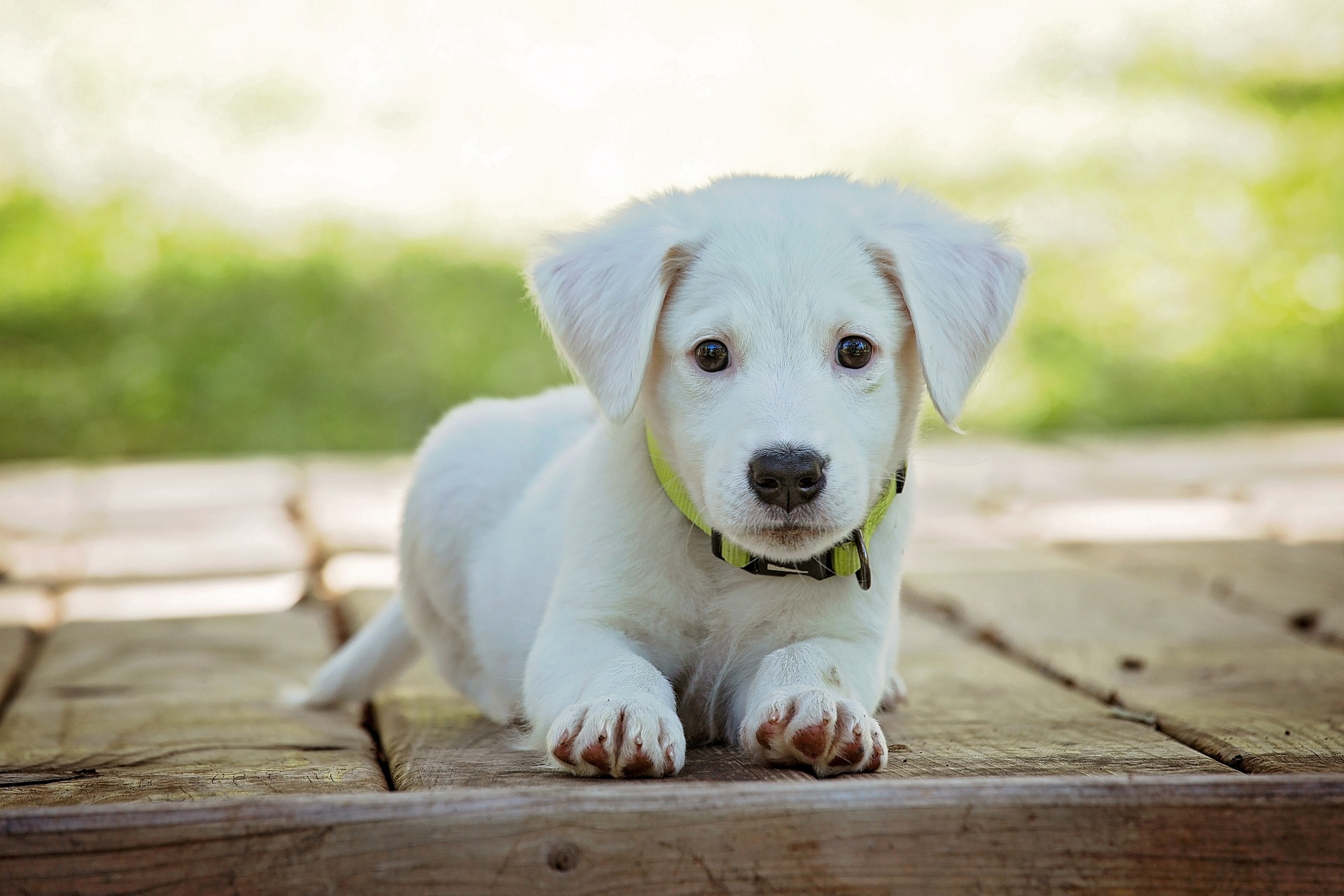Introduction
Dogs are known for their playful and sometimes curious behavior. However, if you notice your dog constantly chewing or licking its paws, it may indicate an underlying issue. While occasional paw chewing is normal, excessive and persistent chewing may require veterinary attention. In this article, we will explore some possible reasons why dogs chew their paws.
Allergies
One of the most common reasons for dogs to chew their paws is allergies. Dogs can be allergic to various environmental triggers, such as pollen, grass, or even certain foods. These allergies can cause irritating itching and discomfort, leading to excessive paw chewing. It's essential to consult with a veterinarian to identify the specific allergens and develop an appropriate treatment plan for your furry friend.
Skin Infections
Skin infections, such as yeast or bacterial infections, can also cause dogs to chew their paws. These infections can occur due to moisture accumulation between the paw pads or in between the toes, providing a conducive environment for the growth of bacteria or yeast. If your dog's paw chewing is accompanied by redness, swelling, foul odor, or discharge, it is crucial to seek veterinary attention to diagnose and treat the infection.
Parasites
Parasites, including fleas, ticks, or mites, can irritate your dog's paws, causing them to chew and scratch. Flea bites, for example, can trigger an intense itching sensation, particularly in allergic dogs, leading to excessive paw chewing. Regularly check your dog's paws for signs of parasites and use appropriate preventive measures to keep them at bay.
Stress or Anxiety
Just like humans, dogs can experience stress or anxiety. Some dogs may resort to chewing their paws as a way to self-soothe or cope with their emotional distress. Common triggers for stress in dogs include separation anxiety, changes in routine, loud noises, or unfamiliar environments. Identifying the source of stress and providing your dog with appropriate outlets, such as mental stimulation and exercise, can help alleviate their chewing behavior.
Injury or Foreign Object
If your dog suddenly starts chewing their paws excessively, it could be a sign of an injury or the presence of a foreign object, such as a splinter or burr. Dogs can step on sharp objects during walks or while exploring outside. They might also get foreign objects lodged between their toes. Carefully examine your dog's paws for any signs of injury or foreign objects. If you notice anything unusual, consult your veterinarian for proper assessment and treatment.
Conclusion
Excessive paw chewing in dogs can indicate various underlying issues, including allergies, skin infections, parasites, stress, or injuries. It's essential to monitor your dog's paw chewing habits and observe for any accompanying symptoms. If the chewing persists or is accompanied by redness, swelling, or discharge, seek veterinary attention promptly. Identifying and addressing the root cause of the chewing behavior is crucial for your dog's overall health and well-being.
